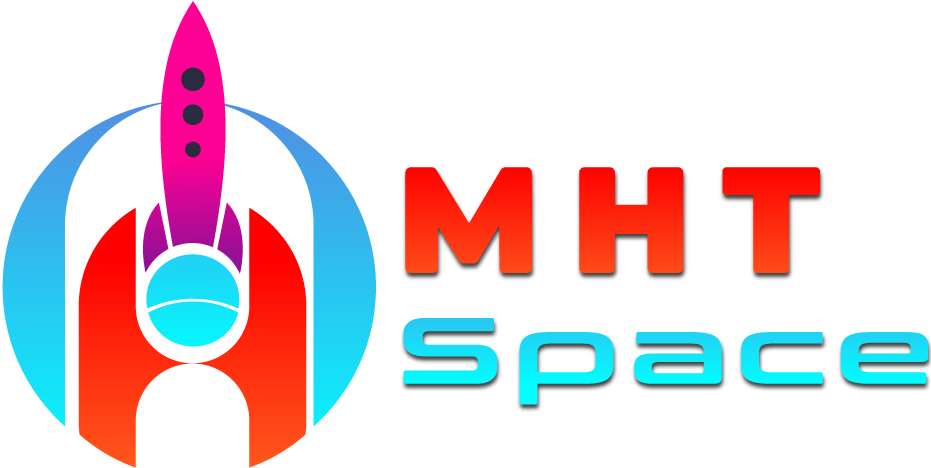On Wednesday, Elon Musk announced that the wireless brain chip developed by his company Neuralink would begin human clinical trials in six months after the company failed to meet earlier timelines that Musk had set.
According to Musk, the company is developing brain chip interfaces that will enable disabled patients to move and communicate again. He said the company is targeting restoring vision as well.
During a three-hour presentation at Neuralink headquarters, Musk emphasized the company’s rapid development of its device to an audience of select invitees.
“We want to be extremely careful and certain that it will work well before putting a device into a human,” Musk said in an update about the device that was long overdue.
“The progress at first, particularly as it applies to humans, will seem perhaps agonizingly slow, but we are doing all of the things to bring it to scale in parallel,” he added. “So, in theory, progress should be exponential.”
Neuralink’s first two applications are to restore vision and restore muscle movement to people who cannot do so, Musk said. “Even if someone has never had vision, ever, like they were born blind, we believe we can still restore vision,” he said.
Almost a year ago, Neurolink presented a monkey with a brain chip that played a computer game by thinking alone. In a video demonstration, one monkey helped “type” the phrase “welcome to show and tell” using their implant by focusing on the highlighted letters and words. In another video, the monkeys were shown charging the devices by sitting under a wireless charger.
However, Neuralink is lagging behind schedule. Musk stated in a 2019 presentation that he received regulatory approval by the end of 2020, and said in a conference in late 2021 that he hoped to begin human trials by the end of this year.
Current and former employees of Neuroalink claim that the company consistently missed internal deadlines to obtain FDA approval to begin human trials. Musk expressed frustration to Neuralink employees about their slow progress earlier this year and approached competitor Synchron about a potential investment.


